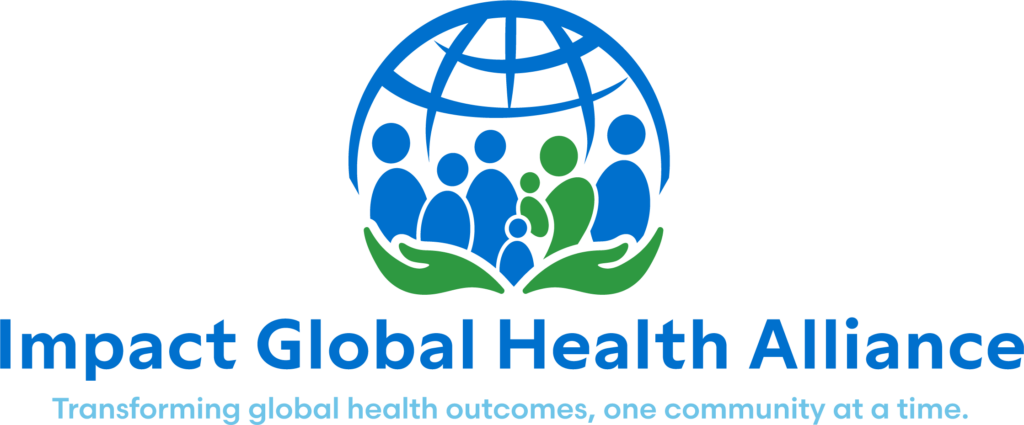One of the core principals at each of our project sites is bringing health services to underserved communities. Last year, while a group of medical volunteers was volunteering at our site in San Marcos, Guatemala, a clinic day was organized in one of the most remote communities in our project area.
The volunteers, along with staff from the Casa Materna in Pueblo Nuevo traveled two hours on bumpy roads weaving through the mountains to arrive at the government health post where they would be working that day. The notice that healthcare workers would be available for consultations that day had been sent out to the community. When the group arrived, there were more than 30 mothers with their children waiting to be seen.

The Impact Global Health Alliance Global staff and volunteers worked tirelessly for hours to ensure everyone was seen.
The staff scrambled to come up with a system to organize the consultations, handing out numbers to the women in the order they had arrived. The staff and volunteers divided themselves into three groups, and one by one, they began to call the women and their children inside. Babies and children under five were weighed and measured, vaccinated, and treated for a variety of conditions, including chronic diarrhea, one of the top causes of mortality in children under five. Women received health education and prenatal exams, and many even learned they were pregnant.
As the staff and volunteers worked tirelessly for hours seeing patients, it seemed the line of patients never came to an end. They had only planned to be there for a couple of hours, but the longer they were there, the more women and children began to arrive. The government health post where they were running the day-clinic was staffed by two government health workers who were the only source of healthcare services available to members of that community.
With such a massive response from the community to the health services being provided by the Casa Materna and several women learning they were pregnant when they were already four, five, and even six months into their pregnancy, it becomes apparent that the government workers were not providing adequate services.
Unfortunately, the lack of adequate government health services is a chronic problem in Guatemala, especially in the remote indigenous communities where we work. These communities are sometimes as far as six hours from the nearest hospital. Government health services barely reach these communities, where the indigenous population has been largely forgotten or disregarded. In these areas, government health posts are few and far between and offer minimal services. As a result of this lack of access to healthcare and health information, women and children die unnecessarily due to easily treatable and preventable conditions.
This is why we do the work that we do – to provide health services and education to the populations most in need with the goal of improving the local healthcare system and saving as many lives as possible. We will continue to work with our local staff to provide the services needed in these remote communities, the services that the government either can’t or won’t provide, because we are committed to creating a world free of suffering from preventable and treatable causes.
To help us bring more support, vital services, and access to basic medical care to the most vulnerable, give today.





